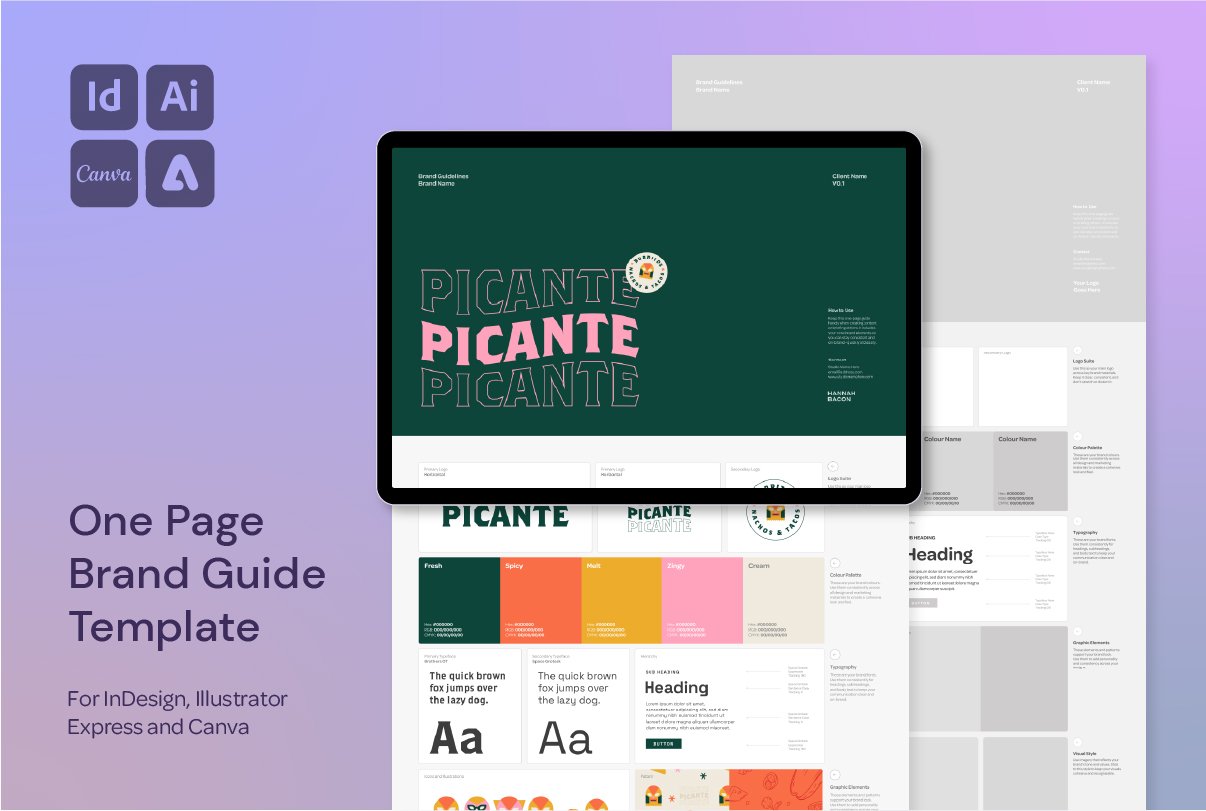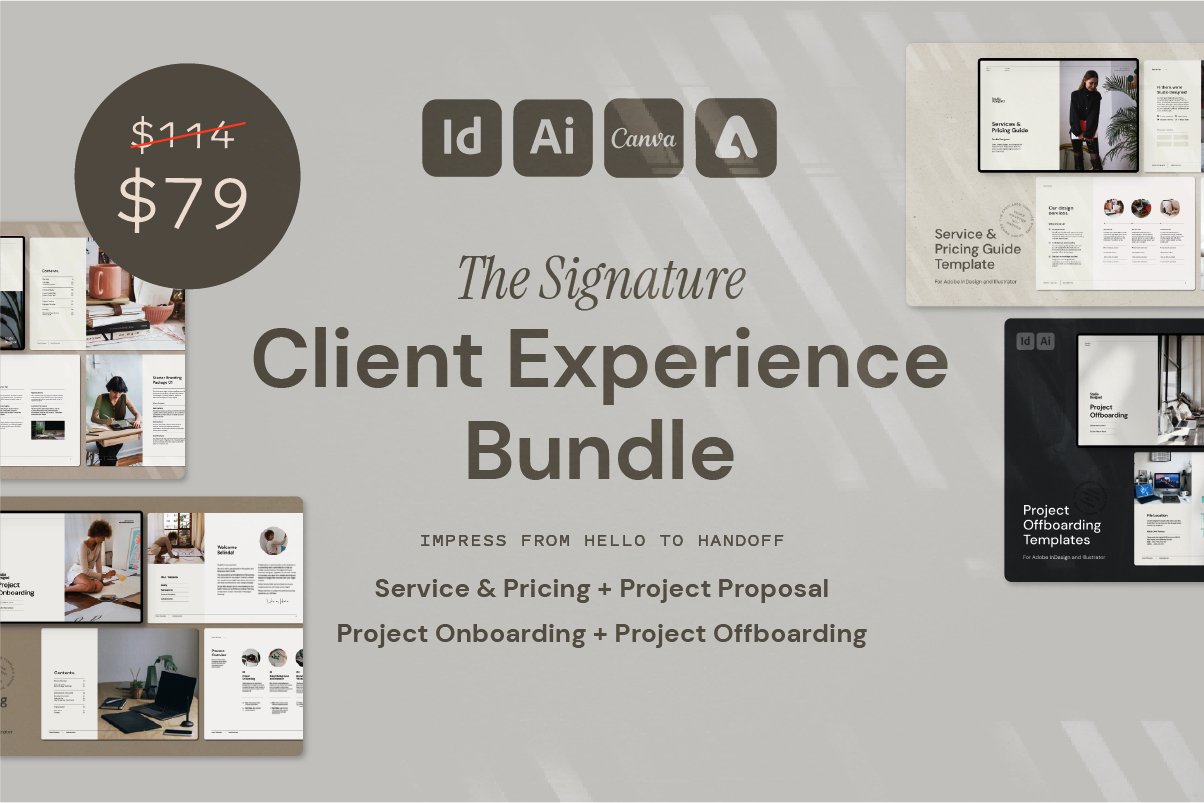How to Add 3D Perspective to an Illustration in Adobe Illustrator
Add Depth and Perspective to Your Vector Art in Illustrator (with a Heart Gem Tutorial!)
Adding a bit of perspective to your flat illustrations can transform your work from simple to striking—and in Adobe Illustrator, it’s easier than you might think. In this quick tutorial, I’ll walk you through how I gave a heart-shaped gem illustration a dimensional, 3D feel using a mix of anchor point editing, vector tools, and Illustrator’s built-in 3D materials panel.
This technique works great for icons, illustrated elements, or product assets where you want to suggest form and structure—without switching to a full 3D workflow.
Why Use Illustrator’s Perspective Tools?
You don’t need to dive into complex 3D software to add believable depth to your vector work. With a few native Illustrator tools—like Zig Zag, Delete Anchor Point, and 3D & Materials—you can give your shapes more dimension while keeping everything scalable and editable.
You can check out this video (and lots more!) over on my Instagram Page @hannah.bacon.design
Step-by-Step: Add 3D Perspective to Your Heart Gem Illustration
1. Clean Up Anchor Points
Start by selecting your heart shape
Use the Delete Anchor Point Tool (hold Shift to keep proportions)
Remove any unnecessary points to simplify the path and make editing smoother
2. Create Sharp Internal Lines
Select the Zig Zag Effect:
Go to Effect → Distort & Transform → Zig ZagSet Size to 0 and Ridges per segment to 1
This creates crisp, straight lines across your shape
Expand the appearance (Object → Expand Appearance)
3. Apply 3D Extrude & Bevel
Head to Window → 3D and Materials
Apply the Extrude effect
Set all Rotation settings to 0 (this gives you a flat front view to work from)
Switch the render setting to Ray Tracing, then choose Wireframe to preview form
Adjust the Taper slider to get that gem-like pointed shape
4. Fine-Tune and Add Detail
Play with the Rotation controls to get your preferred perspective
Once you’re happy, click Expand Appearance
Manually add any missing edges or highlight lines using the Pen Tool
Add a few shiny detail elements for that polished gem look
Duplicate or reuse the shape across your design system
Why This Technique Works
This method gives you full control over the shape and lighting direction while still keeping everything vector-based. It’s a great way to explore form without leaving Illustrator—and it’s perfect for designing elements like:
Custom icons
Badges
Infographics
Merch illustrations
UI components
Want More Time-Saving Tools and Freebies?
This process is just one of the techniques I share across my design templates and digital assets, made especially for designers who want professional results—without starting from scratch every time.



